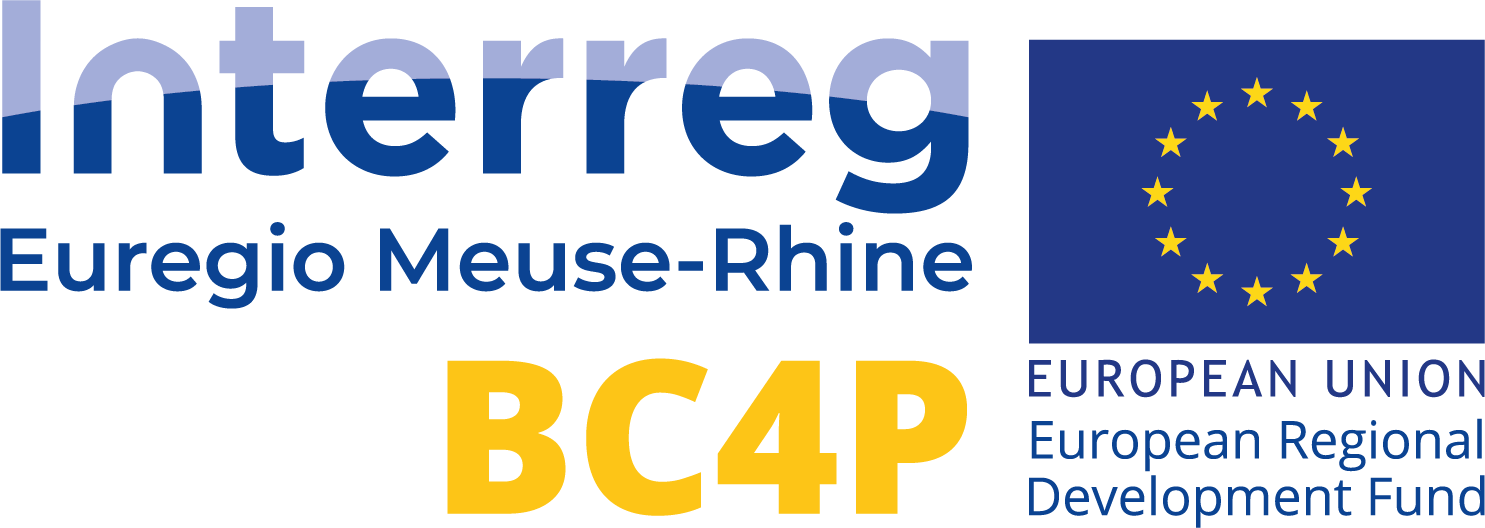Publication T1.1.6_Privacy and security mechanisms
A blockchain is a system for storing data in data blocks where each new block is added to the chain in such a way that it cannot be changed. There are various variations and applications for Blockchain technology (Edriouch, Bemelmans, Zoet, & Beumers, 2018). For instance we can distinguish public, private and hybrid blockchain systems. A public blockchain can be accessed by anybody; there is no need for trust between users and a specific (third) party.
On the opposite side of the spectrum is the private blockchain which is accessible by invitation only and permissions have to be given to perform actions in the blockchain. Finally, as the name implies, the hybrid blockchain is a bit of both worlds where parts of public and private blockchain technologies are combined to create new solutions.
It is expected for blockchain technology to have a disruptive impact in various fields (Weller, 2015). The energy sector for example is one such field (Alladi, Chamola, Rodrigues, & Kozlov, 2019) (Samuel, et al., 2019). This report explores ways to implement blockchain within the INTERREG Blockchain 4 Prosumers project (BC4P). A number of options are evaluated by comparing consensus mechanisms, privacy guards and a number of practical concerns.

